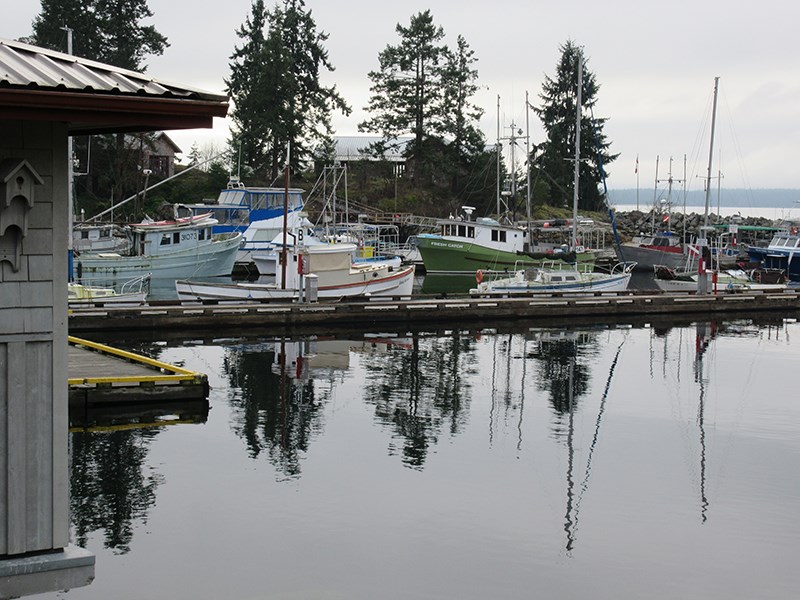Globally, we passed a milestone a few years ago: more people on this planet now live in cities and towns than live out of them. If that is you, it probably seems like an interesting factoid that does not really affect your life, but rural folks are often reminded about how easily we are forgotten.
I cannot count the number of times I have had to patiently explain to some well-meaning person in a call centre that I do not have a cell phone because cell phones do not work in Lund, or that, yes, “general delivery” is actually a real address.
Only in the last year have I been able to get satellite internet, but many folks here still live on dial-up access. High speed? Forget it. With so few of us out here it is not worth bothering to put in the lines, or at least that is what the phone company tells me.
For many Lund residents, the predominance of those services in town, where the decisions get made, and the total lack of them out here where the work happens, is a serious barrier.
Fisheries are one example of this. Most fisherfolk live in rural places such as Lund, since this is where the fish are.
A few years ago, Department of Fisheries and Oceans Canada (DFO) switched to online notification for commercial openings. That means in order to know where and when you can fish or gather you need internet access.
“It disenfranchises rural communities,” said Ruth Sutherland, a longtime clam fisher in Lund. “Sometimes they’ll send an email at 2:45 pm on Monday afternoon for an opening on Tuesday. If you don’t have internet, how can you find out about that?”
DFO shellfish manager David Fogtmann agreed the internet access issue is a challenge for some people. “A lot of it is the community helping each other,” he said. “Word of mouth spreads faster than the internet.”
Fogtmann pointed out that a weekly automated information system, available at 604.666.2828 and on VHF radio, announces any changes. Unfortunately, you still need to be able to get to DFO’s fishery notification website to find out what the changes are.
If you are making phone calls to neighbours to make that whole word-of-mouth thing work, that’s time you’re not spending doing whatever other work you have to do, and not getting paid for either.
Some fisher folk tell me the number of changes has increased dramatically since notifications went online, and that it disproportionately benefits buyers. Fogtmann confirms that “markets play a role,” since if buyers aren’t buying there is no point in having an opening.
However, buyers are in town where checking your email three times a day is not a barrier. “Everybody doesn’t have an iWatch, or clean hands to check it with,” said Sutherland.
We live out here because we choose to live in constant contact with what is right in front of us, and that is not often a computer screen. It would be nice if decision-makers would remember and respect that.



